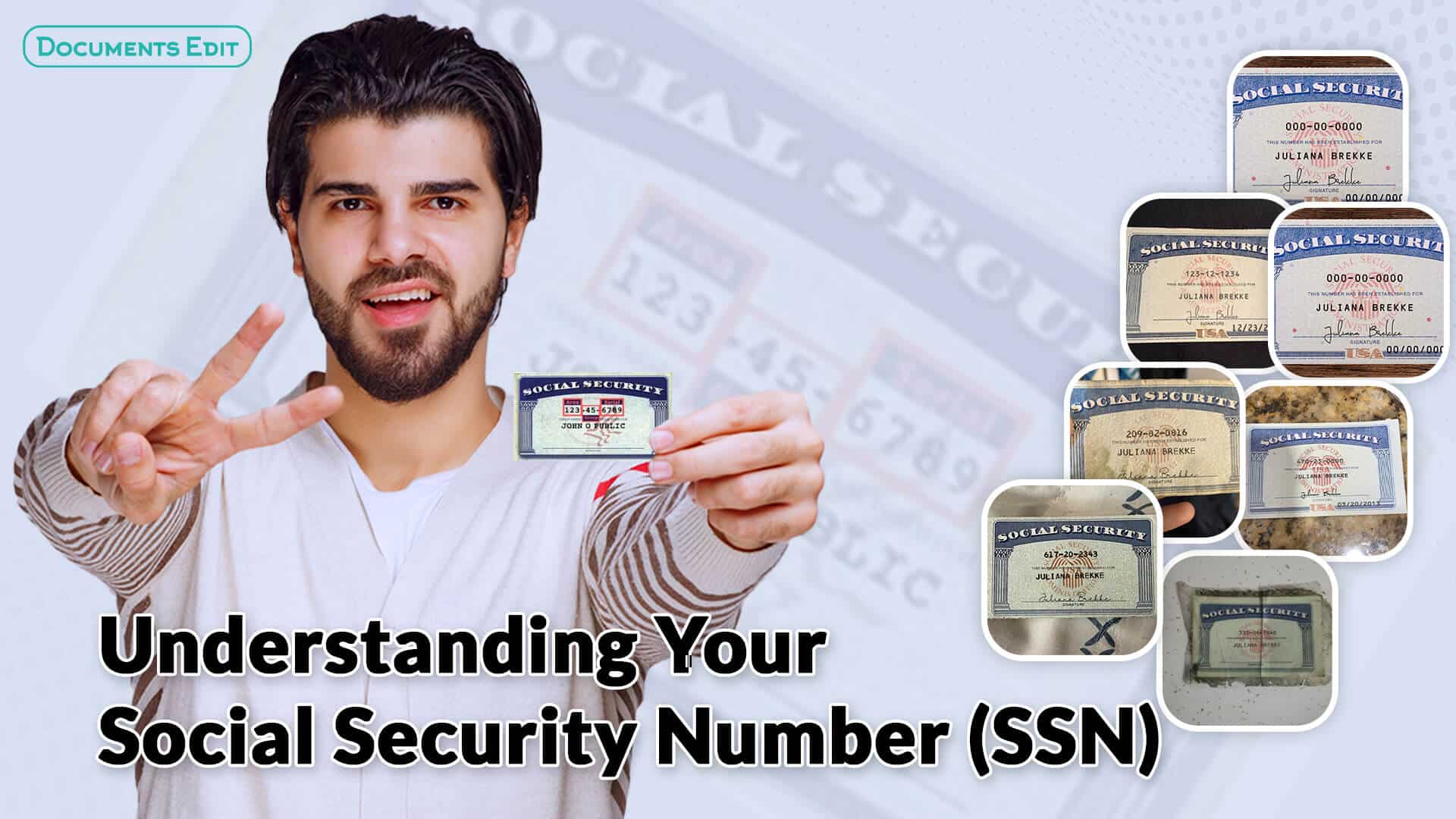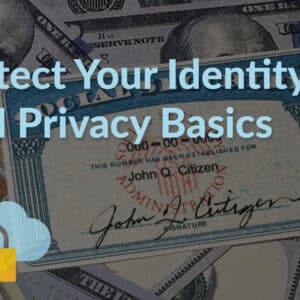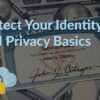
Understanding Your Social Security Number (SSN)
Did you know over 280 million Social Security numbers have been issued in the United States? This important number is key to American life. It’s not just for verifying identity. In this guide, we’ll explore the Social Security number’s definition, history, and its role in our lives.
The Social Security number (SSN) is a unique, nine-digit number for U.S. citizens and residents. Introduced in 1936, it was for tracking earnings and Social Security benefits. Now, it’s vital for many things, like jobs, taxes, credit, and government services.
What is a Social Security Number?
A Social Security Number (SSN) is a unique nine-digit number given to U.S. citizens and legal residents. It’s used to track people for social security and taxes. This number is key for getting government benefits, jobs, and financial services.
Definition and Purpose
The SSN is a personal number for the U.S. government. It helps manage social security programs and track taxes. It has a special format, showing where it was issued and the person’s unique number.
Importance of SSN
The importance of the SSN is huge. It helps the government keep track of earnings and social security contributions. It’s also key for financial and job-related tasks, like opening bank accounts and getting loans. Without it, getting important services and benefits is hard.
In short, the ssn definition and ssn purpose show its importance in the U.S.. It’s vital for social security and taxes. It also helps people access many government and financial services.
History of the Social Security Number
The history of the social security number (SSN) began in 1936. It was part of the Social Security Act. This act created a system for old-age, survivors, and disability insurance. The SSN was made to track workers’ earnings and their Social Security benefits.
Over time, the origin of the SSN and its use have grown a lot. At first, it was only for Social Security. Now, it’s a key personal identifier. It’s used for tax, employment, and even credit checks.
The SSN has changed with the times. As technology and government programs grew, so did the SSN’s role. It’s now a key part of our personal and financial lives.
But, the history of the social security number also raises privacy concerns. There are debates about its use and protection. As we deal with these issues, the history of the SSN will keep evolving.
Components of a Social Security Number
A Social Security Number (SSN) has three main parts: the area number, the group number, and the serial number. Knowing how an SSN is structured helps us understand its importance. It’s a unique identifier for each person.
Area Number
The area number shows where the SSN was given. It’s between 01 and 99. It’s based on the person’s address when they applied.
Group Number
The group number is the second part. It shows the series of numbers for a certain area. It also ranges from 01 to 99, but some numbers are reserved for special uses.
Serial Number
The serial number is the last and most unique part. It’s a four-digit number given in order within each group. It makes each SSN unique to an individual.
The ssn components – the ssn area number, ssn group number, and ssn serial number – together make a complete Social Security Number. It’s a key identification tool for people in the United States.
Obtaining a Social Security Number
Getting a Social Security Number (SSN) is easy in the United States. It’s for everyone, from newborns to immigrants and those who lost their card. The ssn application process is handled by the Social Security Administration (SSA).
To get an ssn, you need to fill out a form and provide documents. These include proof of who you are, how old you are, and your legal status. You can apply online, by mail, or in person at a local SSA office.
- Gather the needed documents, like your birth certificate or passport.
- Fill out the SSN application form online or print it.
- Send your application and documents to the SSA. You can do this in person, by mail, or through someone you trust.
- Wait 2-4 weeks for the SSA to process your application. They will then give you your Social Security Number.
The ssn application process keeps the Social Security system safe and prevents identity theft. By following the steps and providing the right documents, you can apply for an ssn. You’ll get a unique number for jobs, banks, and government benefits.
SSN and Identity Theft
Your Social Security number (SSN) is a prime target for identity thieves. They can use it to open new accounts, get government benefits, or commit fraud. It’s vital to protect your SSN to keep your personal and financial information safe.
Protecting Your SSN
To protect your ssn identity theft, follow these best practices:
- Safeguard your SSN and only share it when absolutely necessary, such as with your employer or financial institutions.
- Shred any documents that contain your SSN before discarding them.
- Be cautious when providing your SSN over the phone or online, specially to unsolicited callers or websites.
- Monitor your credit reports regularly for any suspicious activity that could indicate ssn identity theft.
Signs of SSN Theft
Knowing the signs of ssn identity theft can help you act fast. Some common signs include:
- Unexplained credit checks on your credit report.
- New accounts or loans opened in your name without your knowledge.
- Unfamiliar collection notices or bills for products or services you didn’t purchase.
- A notification from the Internal Revenue Service (IRS) about income from an employer you don’t recognize.
If you suspect your ssn has been stolen, act quickly. Contact the right authorities and credit bureaus to minimize the damage.
Proper Usage of Your ssn
Your Social Security number (SSN) is very personal and should be handled carefully. It’s key to know when to use your ssn and how to properly use your ssn. This helps keep you safe from identity theft and misuse.
Your SSN is mainly for certain, real needs, like:
- Applying for employment
- Opening a bank account
- Filing taxes
- Applying for government benefits
Be careful when asked for your SSN. Know your rights about sharing it. Don’t give your SSN to anyone who doesn’t really need it. Proper use of your ssn keeps your identity and money safe.
Remember, your SSN is very private and should be kept safe. By knowing when to use your ssn and using it wisely, you can avoid identity theft and protect your financial health.
Legal Restrictions on SSN Disclosure
Your Social Security number (SSN) is very private. There are laws to keep it safe. Knowing these rules helps you when you’re asked for your SSN.
Employer Requirements
Employers must get and report your SSN for taxes and work. They need to follow ssn disclosure laws and ssn privacy regulations. This is to report wages and taxes to the IRS.
Financial Institutions
Banks and credit card companies might ask for your SSN too. They need it for anti-money laundering laws and to report to the government. Financial institutions ssn requirements help stop financial crimes.
Knowing when and why your SSN is needed is key. This way, you can keep your info safe. It’s used only for the right reasons.
Social Security Number and Credit Reports
Your Social Security Number (SSN) is key to your credit history. It lets credit bureaus track your financial activities. This includes loans, credit cards, and payments. Keeping your credit in good shape and watching your reports closely is important.
Your SSN greatly affects your credit reports. Lenders use it to check your credit and decide if they’ll lend to you. If there’s an error or fraud with your SSN, it can harm your financial future. This could make it hard to get loans, credit cards, or even rent a place.
- Your SSN is the main way credit bureaus make your credit report.
- Lenders use your SSN to see your credit history and decide if they’ll lend to you.
- Protecting your SSN is key to stop identity theft and keep your credit reports right.
It’s important to check your credit reports often. Fix any mistakes or signs of identity theft quickly. Knowing how your SSN and credit reports are connected helps you keep your finances healthy. It also protects your personal info.
Replacing or Correcting Your SSN
In some cases, you might need to replace or correct your Social Security Number (ssn). This could happen if your ssn is lost, stolen, or wrong. It’s important to fix any ssn issues quickly to avoid problems.
The ssn replacement process starts with contacting the Social Security Administration (SSA). You’ll need to show identification documents, like a birth certificate or passport, to prove who you are.
If your ssn is wrong, the steps are similar. You’ll work with the SSA to fix your records and make sure your ssn is right.
- Gather the needed documents, such as a birth certificate or passport.
- Contact the SSA to ask for a new or corrected ssn.
- Give the SSA the right info and documents.
- Wait for the SSA to handle your request and give you a new or corrected ssn.
- Update your records with the new or corrected ssn as needed.
Remember, keeping your ssn safe is key to avoid identity theft. If you think your ssn has been stolen, act fast to replace or correct it. Being proactive helps protect your personal and financial info.
Social Security Number Myths and Facts
There are many myths and misconceptions about Social Security Numbers (SSNs). These can cause confusion and put your security at risk. Let’s clear up the myths and facts to help you understand how to use and protect your SSN.
Myth: Your SSN Can Be Used to Steal Your Identity
Fact: Your SSN is important and should be kept safe. But, it can’t be used alone to steal your identity. Thieves need more info like your full name, birthdate, and financial details to commit fraud.
Myth: You Can Change Your SSN to Avoid Debt
Fact: Changing your SSN is a serious and rare process. It’s usually for identity theft or safety reasons. Trying to change it to avoid debt is fraud and against the law.
- Your SSN is a unique identifier that follows you throughout your life. It’s key for keeping your financial and employment records accurate.
- Changing your SSN is allowed for identity theft, domestic violence, or certain religious or cultural beliefs.
Myth: Your SSN is a Secret Number
Fact: Your SSN is not a secret. It’s a government-issued number needed for legal and financial actions. This includes jobs, taxes, and opening bank accounts.
While you should protect your SSN, it’s not a secret to hide forever. Know when and how to share it to avoid misuse.
Conclusion
The Social Security Number (SSN) is very important in the United States. It plays a key role in people’s lives. By learning about its history, parts, and how to use it, you can protect your personal info.
The SSN started with the Social Security program. It has three parts: area, group, and serial numbers. Getting an SSN is a big step. It’s important to know how it affects identity theft, credit, and legal rules.
Understanding your SSN is key to keeping it safe. Being informed and proactive helps protect your identity and money. With this knowledge, you can use your SSN wisely and keep your personal info secure.











Add comment